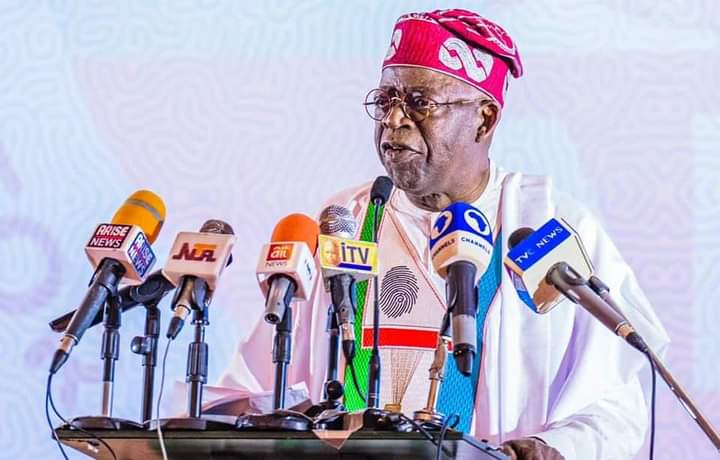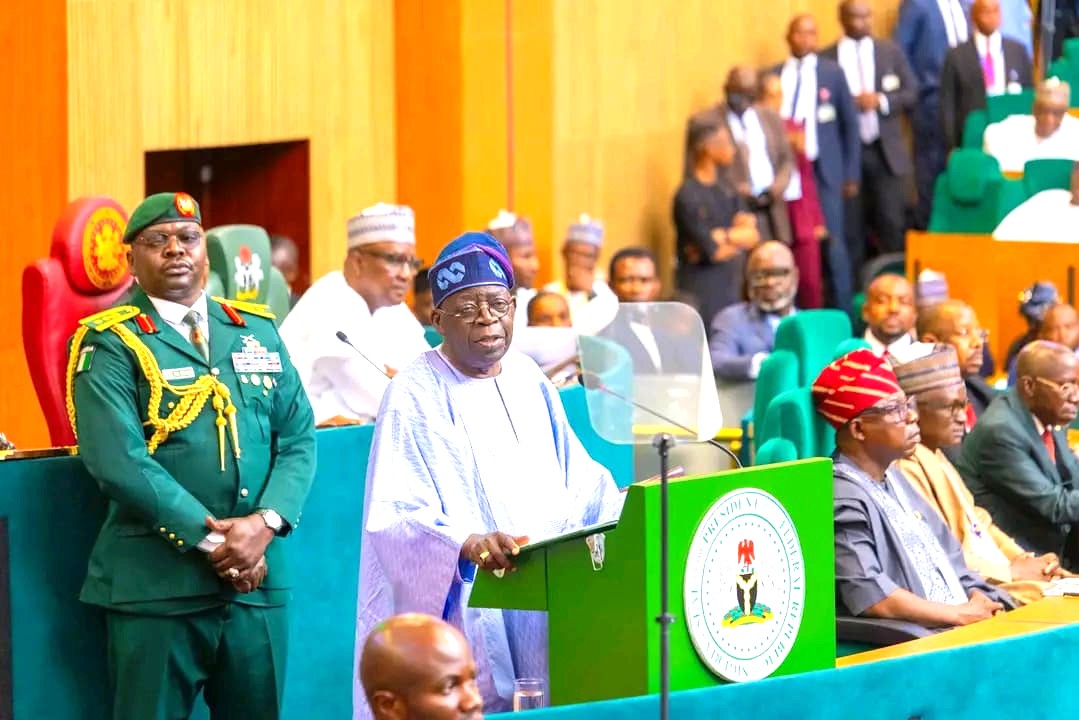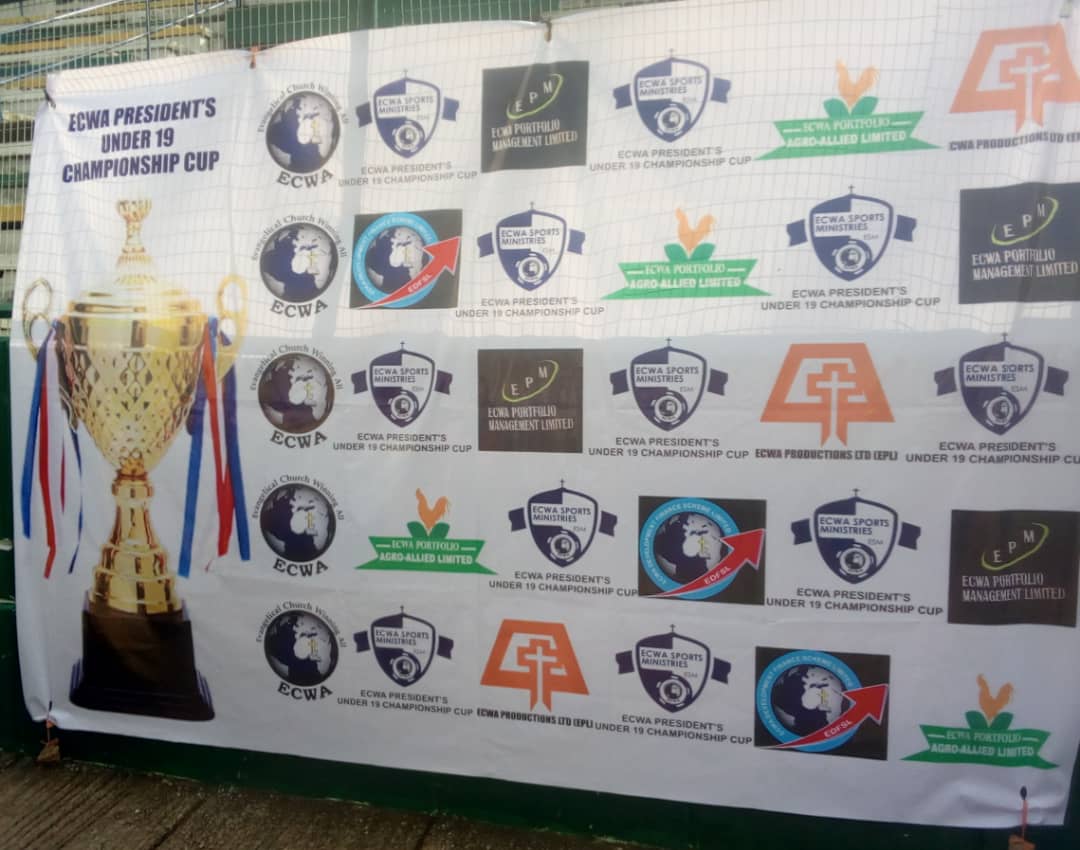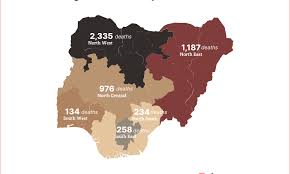Interrogating Tinubu’s Manifesto for a Better Nigeria
By Ben Osawe
On October 21, 2022, Bola Ahmed Tinubu (BAT) unveiled his manifesto with the title, Renewed Hope 2023 (Action plan for a better Nigeria). This document identifies ten key areas of intervention he and his team believe will make Nigeria better.
As expected, several Nigerians received the document with cynicism given that in 2014/2015, the same team campaigning then for the election of Mohammed Buhari as President reeled out all manner of promises which were eventually disowned when it became clear that the much-touted messiah could not deliver on his promises.
Many Nigerians have concluded that manifestos are mere documents not relevant in our context because politicians don’t stick to what is beautifully articulated in those glossy documents. In fact, many Nigerians refer to the practice of putting up manifestos as mere academic exercises. Really?
Nigerians want to see their society change but seem reluctant to pay the price by making the sacrifices for the development of systems that support the emergence of a nation that works for the common good.
Democracies do not just emerge from space, through wishful thinking or day dreaming. American democracy, from which Nigeria modelled its own democratic practice, emerged through the conscious contributions of several citizens. Notable among them were Alexander Hamilton, James Madison and John Jay. These individuals guided the union on its path to evolving a system of governance by consciously taking time to put up 85 papers which became known as ‘The Federalist Papers’.
The authors did not sit idly and expect a system of governance to show up like a genie out of a bottle but sacrificed so much to address hard questions and put up robust debates that culminated in the ratification of the Constitution of the United States of America. It is significant to note that Alexander Hamilton alone contributed 50 of the 85 papers. If this is not active citizenship, I wonder what it is.
In the context of this write-up, therefore, we argue that citizens have to demonstrate active citizenship and not sit passively as observers. This requires that citizens engage with party manifestos with a view to interrogating them and putting up alternative perspectives whenever the need arises.

Besides, how can citizens make reasoned contributions to debates when they don’t know the issues contained in those documents? How can politicians be called out when they are not performing? Against what yardstick would citizens rate politicians if there were no manifestos? Would it be possible to objectively assess the performance of a politician without broad proposals put up by politicians on how they intend to lead us?
The reality is that if manifestos are not taken seriously by politicians and are merely put in the public space as some academic documents, the onus is on citizens to engage and ensure that the situation changes. Experience across nations has shown that democratic governance is not static but evolves as democratic processes eventually get modified by citizens calling for reviews or changes to the process.
This position is corroborated by our recent historical democratic experience as a nation reflected in citizens’ call for integrity of elections results and indeed a root and branch review of the electoral law. These calls paid off in the sense that the electoral process was not only reviewed but the law now supports current efforts by INEC to adopt the Bimodal Voter Accreditation System (BIVAS) intended to strengthen the integrity of results during elections. This did not come from the blues but through constant citizen engagements and calls for review of the electoral law.
Having argued that manifestos are key to the process of democratic consolidation, we now move to take an in-depth look at the Tinubu manifesto. We have referred to the manifesto as a ‘shopping list’ because it’s more of the same things that were promised by the APC in 2014/15 that were not attained by the current APC government that are now being white-washed and presented in 2022. Given where Nigeria is at this moment within a global context of economic challenges, we state upfront that the Tinubu manifesto falls short of providing the sort of imaginativeness that can transform Nigeria and provide “renewed hope and a better Nigeria” as the document claims.
Adeniyi Abiodun aptly describes the Tinubu manifesto thus: “It is good on strategies, short on tactics.” By being short on tactics, he means the document is essentially saying many things without saying how the promises will be achieved.
Related to the above, Dele Momudu not only shared Prof Adeniyi Abiodun’s perspective on the 80 page Tinubu manifesto but went as far as hitting below the belt when he referred to it as a “copy and paste” document. In his words: “Chief Bola Tinubu is not new to Nigerian politics. It is sad that he allowed some people to copy and repackage, without tact or grace, the Abiola Hope ’93 manifesto and mixed it with the 2015 APC/Buhari manifesto for him. They even have the impudence to tag it ‘Renewed Hope’. Nigerians do not need a copy and paste manifesto. They want details and original ideas. The way this country is right now, offering the people empty promises would not take us forward. The question for every Presidential candidate is how?”
Let’s begin with the positive and move to the negatives. On a positive note, the manifesto refers to block chain technology, finance and tech. This is commendable and can be a huge contributor to the economy in terms of jobs, finance, investment and technology if properly done. This will depend on whether or not a Tinubu government will leverage on youth creativity and inventiveness to deploy their energies to the area of block chain technology rather than becoming jittery and insecure that young people will acquire wealth and so be able to challenge the system.
Tragically, the system is also replete with so many persons in official positions who, instead of seeking to understand what block chain technology is all about and what it would contribute to the national economy and jobs, out of ignorance believe that the promotion of block chain technologies in Nigeria will heighten Yahoo scams and throw up fresh crisis of financial fraud and cyber insecurity.
Another seemingly new thing in the 80 page manifesto is the matter of the budget methodology which says it will scrap the crude oil benchmark. It states: “This will allow the government spend on deficit, without an ‘immunization’ of revenues.” The thinking, as Kalu Aja pointed out, is that “based on the ability to spend without oil benchmarks the Tinubu administration will pursue an expansion of money supply to employ millions and deploy them to infrastructure projects.” However, these questions arise: Where will the money come from for an expansionary budget? What infrastructural projects would provide the kinds of jobs being envisaged?
There are several downsides to the Tinubu manifesto as we earlier noted. However, we shall focus on five key issues.
- A lack of integration of systems thinking and anticipatory knowledge in designing the document. The reality of today’s world is that, as a nation, we play within a global context that is dynamic and in constant flux with several current and emerging complexities. The expectation is that the Tinubu manifesto should have carried out a thorough global trends analysis to identify the main drivers of change in the global environment (2022-2030) with a view to designing better informed and ultimately more effective programs.
The main interconnected drivers of global change as agreed by several nations and organizations engaged in systems thinking, future search and scenario planning and construction are growing, urbanising and migration, climate change and environmental degradation, increasing scarcity of and competition for resources, accelerating technological change and convergence, power shifts in the global economy and geopolitical landscape, diversifying values, lifestyles and governance approaches.
It is clear that 80 page Tinubu document did not factor these issues into the conversations which led to the development of the manifesto. It’s equally strange that when nations and organizations are pushing for leadership for sustainability, a political party canvassing for our votes is not connecting with these issues, operating as if it is located in outer space.
- The unrealistic logic of crude oil dependent development pathway. It is clear by reading through the manifesto that it’s essentially based on a logic of crude oil based development pathway. This again is looking at the traditional approach to financing the economy, ignoring other key money spinners that are connected to the emerging global development pathway. For instance, given the shift to non-fossil based economic pathway, Nigeria has a huge untapped goldmine in Lithium and Nickel which are the key minerals required for making electric car batteries. High grade Lithium is found in Kogi, Kwara, Ekiti and Cross River while Nickel is found in Wudil (Kano). Creating the right incentives and investment climate, factories can be established to produce car batteries for export in addition to the huge spin offs in jobs that would be created.
- The unrealistic Gross Domestic Product(GDP) growth rate. Given the reality of the global economy and where we stand as a nation, it is fool hardy to deceive citizens about a 10% GDP growth. This is not realistic at all. In the 2022 budget, the Federal Government projected that GDP growth rate will be 4.5% but which was 3.54% as at the second quarter of 2022. The Tinubu manifesto proposition of a 10% GDP in the period 2022-2027 is a pipe dream.
- Avoidance of Debt service/Revenue debate. It is strange that the Tinubu shopping list seems to be avoiding a conversation on how it would deal with Nigeria’s debt service/revenue crisis which, as Sanusi Lamido has pointed out, is a serious matter for our nation given that 108% of Nigeria’s revenue is used for debt servicing.
- Ignoring the Diaspora goldmine. Babajide Komolafe, writing for VANGUARD newspaper, submitted that Nigeria’s diaspora remittances inflow was set to beat the World Bank’s projection for 2021, as it rose to $14.2 billion in the nine months ending September 2021, up 10 per cent Year-on-Year, YoY, from $12.9 billion in the corresponding period of 2020. It is therefore strange for the Tinubu Manifesto to ignore a conversations on finance, technology, expertise, investments, etc, from Nigerian diaspora communities and how the nation can leverage on these to boost development.
Overall, it’s clear that the ‘Renewed Hope 2023’ document essentially reflects sheer intellectual laziness devoid of the imaginativeness and rigour required to turn the tide on poverty, hopelessness and underdevelopment in Nigeria.





Post Comment